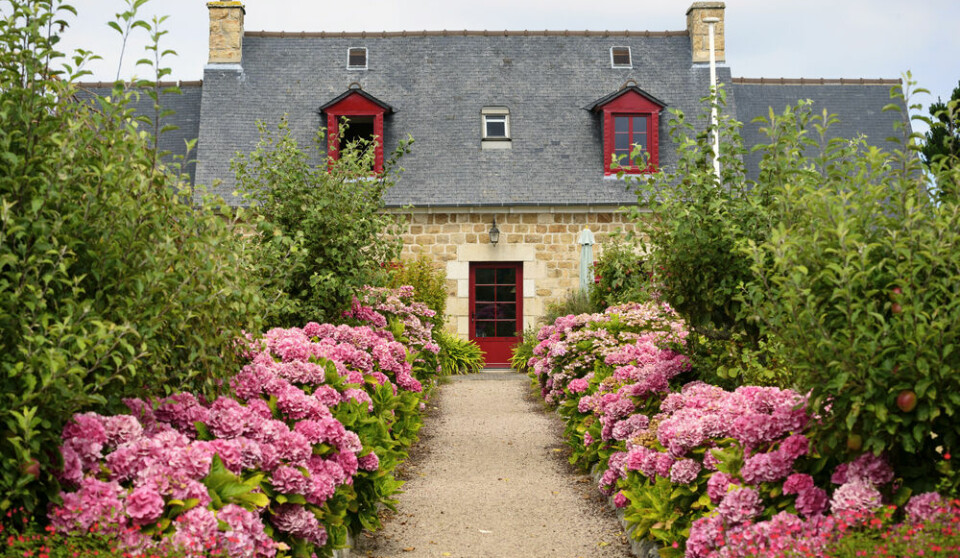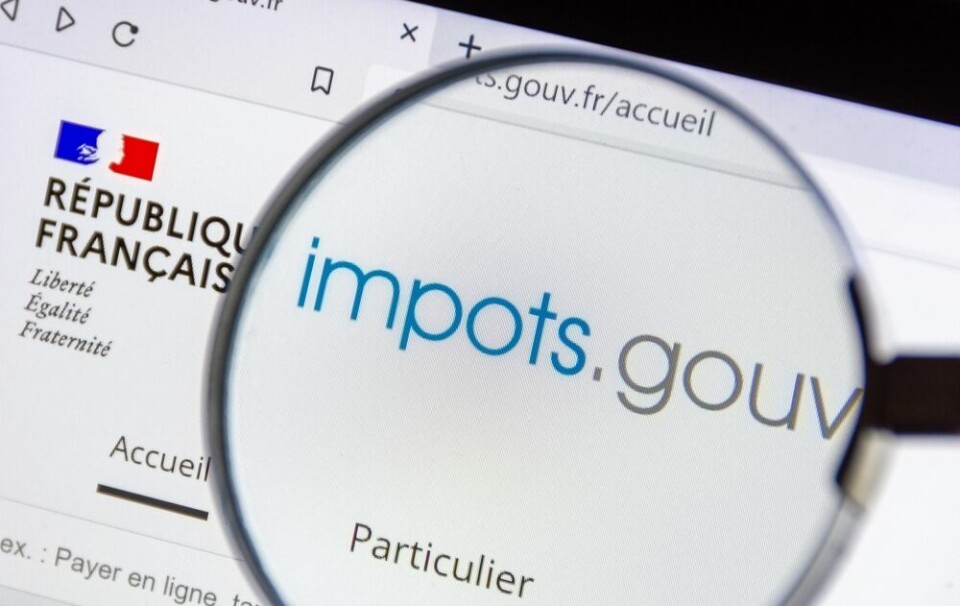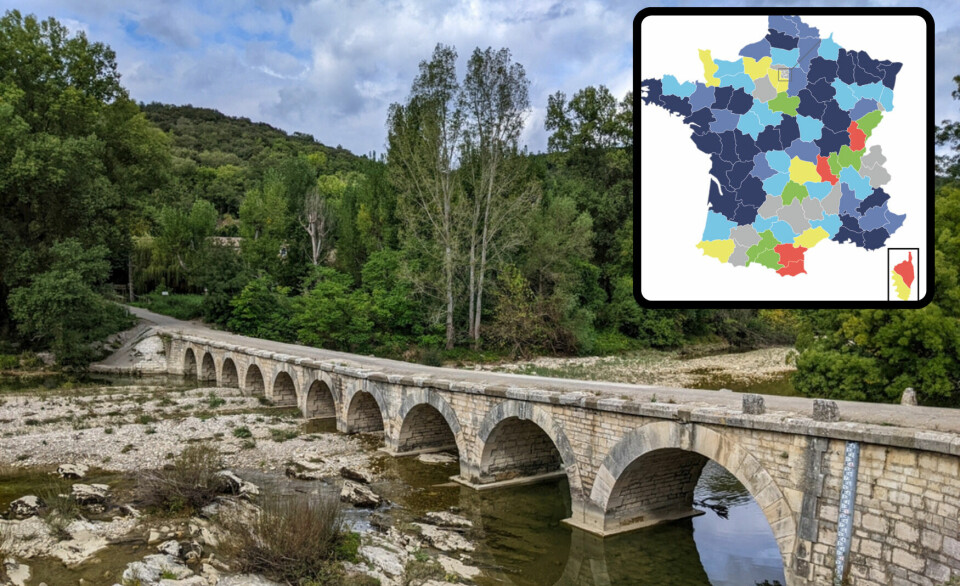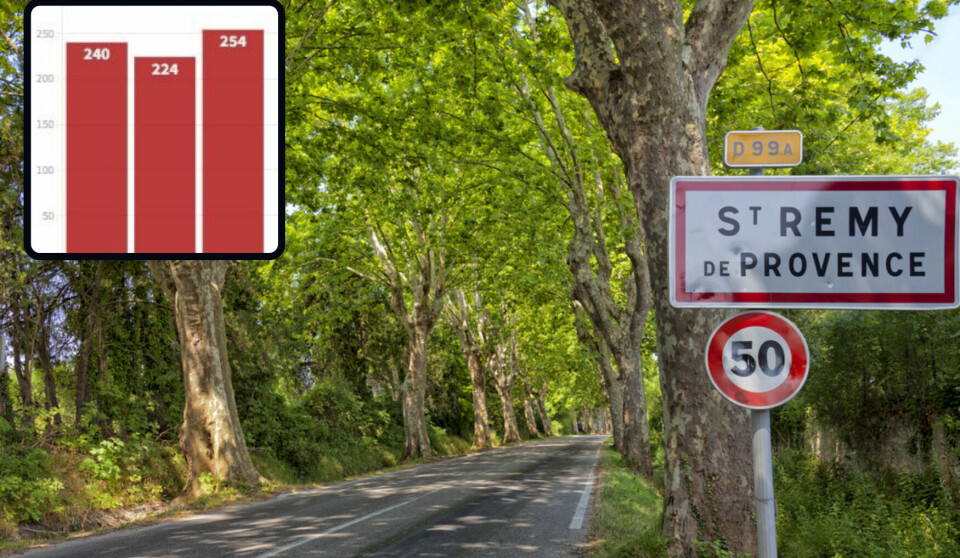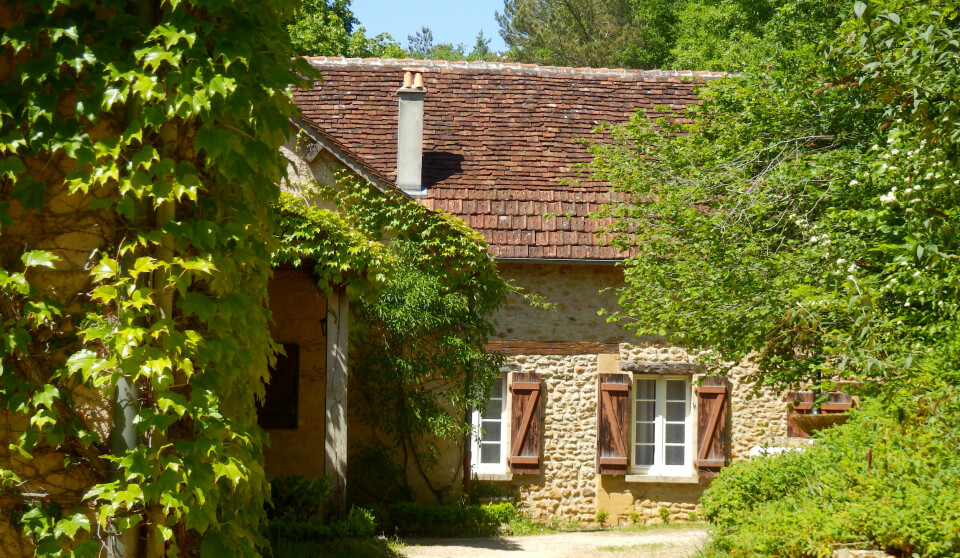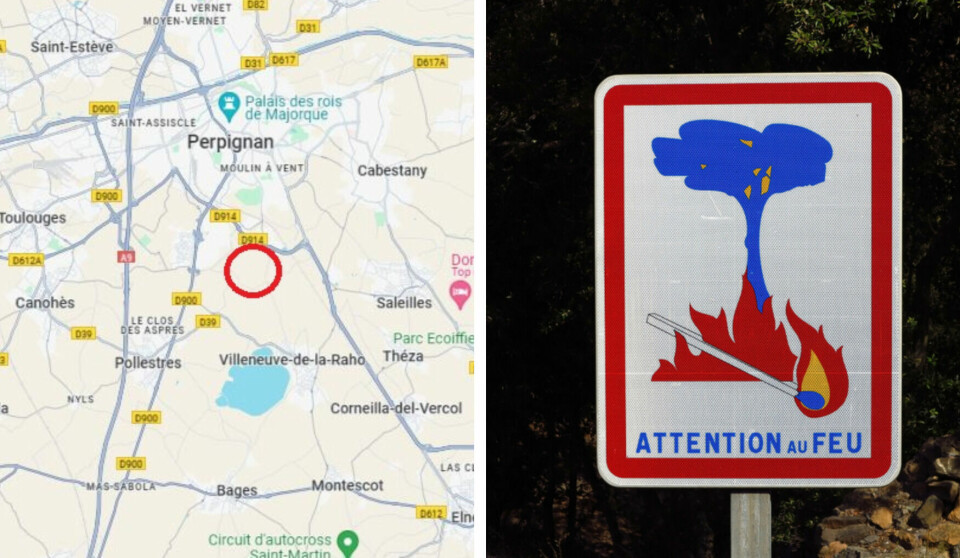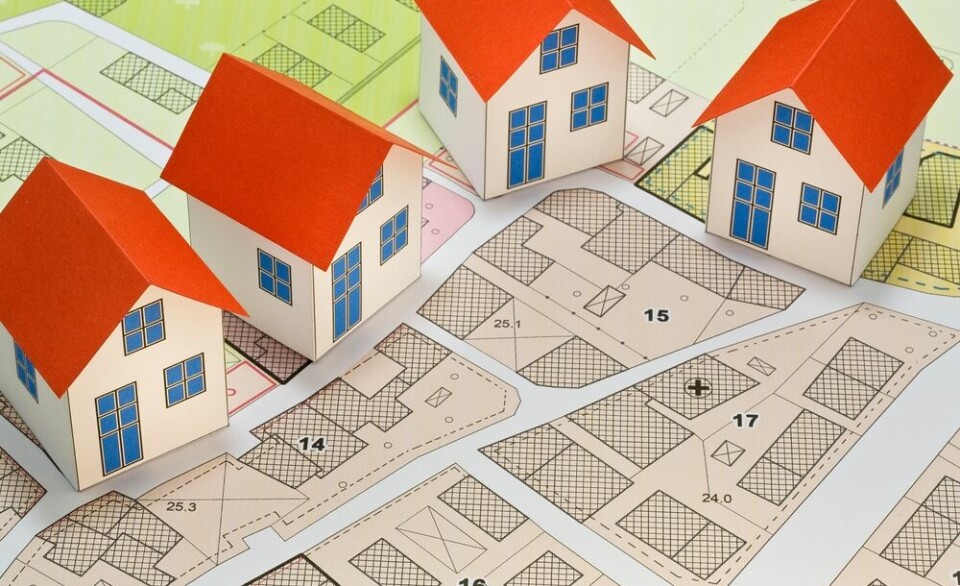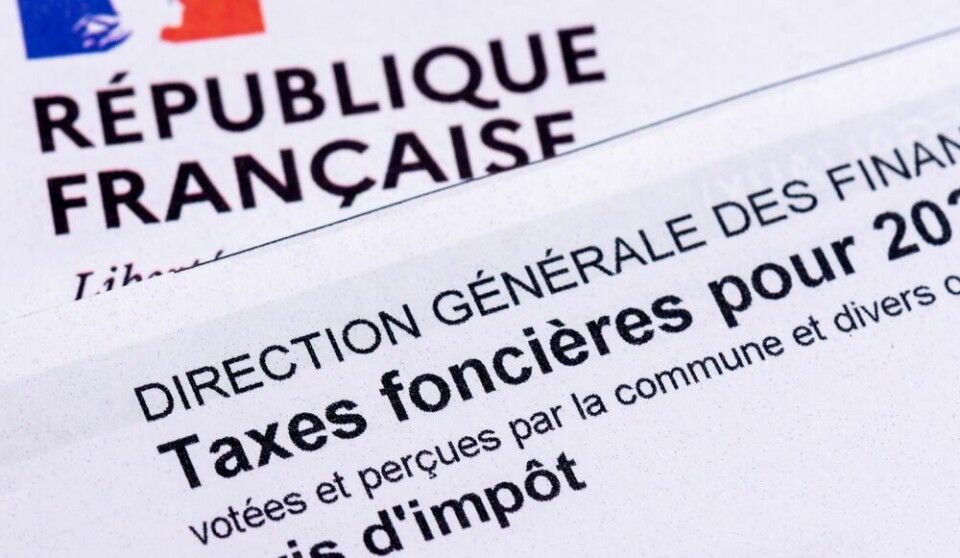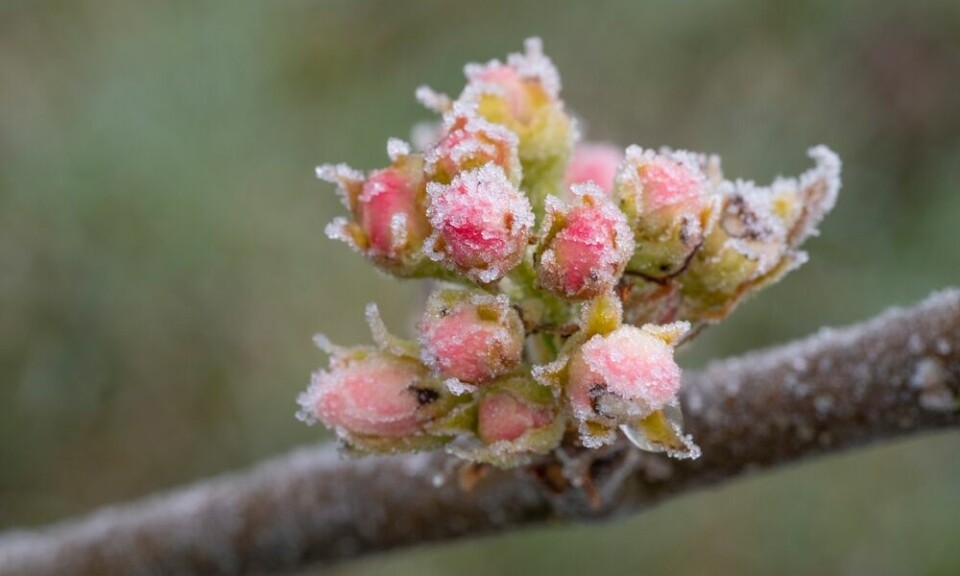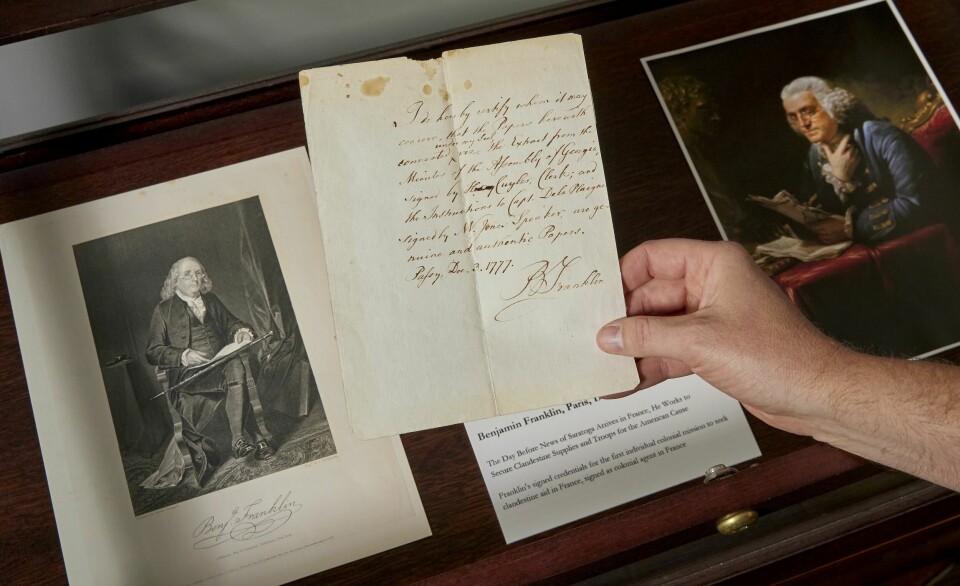-
Russia - but not Putin - to be part of D-Day commemorations in France
Russians who contributed to the Allied victory should be honoured without ‘outcast’ president, a Russian history expert says
-
Jogger draws tribute image to Paris Olympics with their running route
It comes as new tickets go on sale to mark exactly 100 days until the Games begin
-
Patients to pay more for doctor visits in France from May 15
The participation forfaitaire will double in most cases
France’s pollen season has begun. Here’s how to check levels near you
Higher-than-average temperatures have triggered pollen levels to increase across France

France’s warmer weather earlier in March has triggered higher pollen levels and brought misery to allergy sufferers.
It is having a heightened health impact in 31 departments situated mainly in eastern or southern France, according to the latest risk map by the Réseau national de surveillance aérobiologique (RNSA).

While rain and storms lashed the north of the country on Friday (March 31), it comes in a week when record March temperatures were registered in France’s south-west.
While extreme heat ultimately reduces pollen during extended periods, the earlier-than-expected warm temperatures have seen pollen counts increase rapidly before the usual high season, meaning those of us who suffer from pollen allergies should stock up on medicine.
Pollen types
Across France, there are a number of pollen types; in the south, juniper and cypress pollen are the most prevalent; in the north-east, birch and ash; in the east, hornbeam.
Birch is the most widespread - and impactful - pollen in France. It is most prevalent in the east but is found across France.
The first sightings of birch pollen in Paris were on March 27, and by Sunday is expected to spread to Rouen.
Ash, elm, and poplar pollen are less common in France and only carry a low to medium allergy risk.
How can I monitor pollen levels near me?
Lify Air has launched an application to help allergy sufferers minimise the risk of coming into contact with pollen.
LivePollen provides a real-time update of pollen counts in a user’s local area, helping them to anticipate what treatment they may need before going outside during the high season.
The app taps into 150 sensors across France to count pollen levels and relays the information to users.
Cities are helping finance the project “because they are aware of the public health problem [of pollen allergy] and want to offer their residents access to this information… which will change their daily lives”, said Jérome Richard, CEO of Lify Air.
Related articles
Warmer weather brings early pollen allergy alerts for most of France



